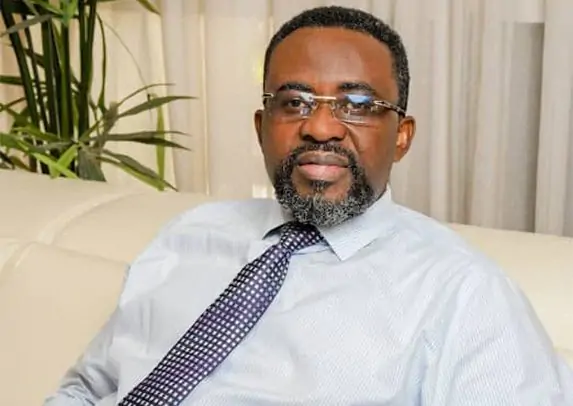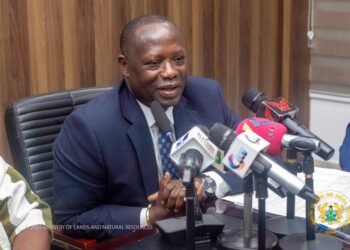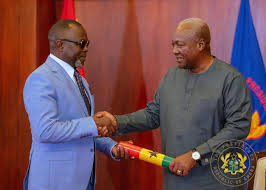Ghana’s economic reform programme is set to receive a significant boost this month as the International Monetary Fund (IMF) prepares to deliberate on the disbursement of a $370 million tranche under the country’s ongoing $3 billion Extended Credit Facility (ECF).
The anticipated inflow is expected to enhance foreign reserves, stabilize the cedi, and reinforce investor confidence in the country’s economic outlook.
The IMF Executive Board is scheduled to meet on June 3, 2025, to consider the approval of the fifth tranche of Ghana’s $3 billion ECF programme. This follows the successful completion of the fourth review of the programme in April, which affirmed the country’s commitment to key macroeconomic reforms, including fiscal consolidation, debt restructuring, and institutional strengthening.
If approved, this fifth disbursement will bring Ghana’s total receipts under the ECF arrangement to approximately $2.24 billion. The fund has been instrumental in Ghana’s efforts to restore economic stability after a period of fiscal and external imbalances exacerbated by global shocks and domestic vulnerabilities.
Boosting Foreign Reserves and Exchange Rate Stability
Bank of Ghana Governor, Dr. Johnson Asiama, expressed optimism about the incoming funds and their potential to cushion the economy. He noted that the $370 million, coupled with expected disbursements from the World Bank, will significantly boost Ghana’s foreign reserves in the coming weeks.
“As you are aware, this money is released after [approval] by the IMF Board. We are expecting the $370 million and not only that, the World Bank also stands to make some disbursement. So those monies will come in and certainly build our reserves further, but that will be somewhere in June.”
Dr. Johnson Asiama
The expected inflows are also projected to ease pressure on the Ghanaian cedi, which has shown signs of relative stability in recent weeks. Strengthened reserve buffers would enable the central bank to manage exchange rate volatility more effectively, particularly as the mid-year import season approaches.
Supporting Ghana’s Economic Recovery Path
The IMF programme has played a crucial role in supporting Ghana’s post-crisis economic recovery. Since its inception in May 2023, the ECF has not only provided financial assistance but also facilitated technical support for wide-ranging reforms. These include public financial management improvements, revenue mobilization strategies, and enhanced debt sustainability frameworks.
The programme’s fourth review highlighted Ghana’s progress in meeting performance criteria and structural benchmarks, particularly in reducing the fiscal deficit and improving transparency in public sector operations. According to IMF staff, continued reform implementation remains critical to ensuring long-term economic stability and inclusive growth.
Meanwhile, the anticipated IMF and World Bank disbursements could provide near-term relief for Ghana’s foreign exchange market. Analysts suggest that improved reserve levels may help moderate imported inflation by making it easier for the country to finance critical imports, including fuel, pharmaceuticals, and raw materials.
Additionally, the inflows are expected to boost investor confidence, especially among portfolio investors and development partners closely monitoring Ghana’s reform trajectory. Stronger reserves and a stable currency create a more favorable environment for capital inflows, business planning, and inflation control.
As the IMF Board prepares to meet on June 3, all eyes are on the outcome of the decision, which will determine the pace at which Ghana continues to rebuild its macroeconomic foundations. With the mid-year budget review also on the horizon, the government is expected to align its policy priorities with ongoing reforms under the IMF programme.
The next steps for Ghana will include consolidating gains from the ECF programme, ensuring debt restructuring milestones are met, and sustaining reforms in revenue and expenditure management. The success of these efforts will be vital in transitioning from stabilization to growth and unlocking greater development financing in the medium term.
READ ALSO: South Korea To Choose New President Tomorrow



















